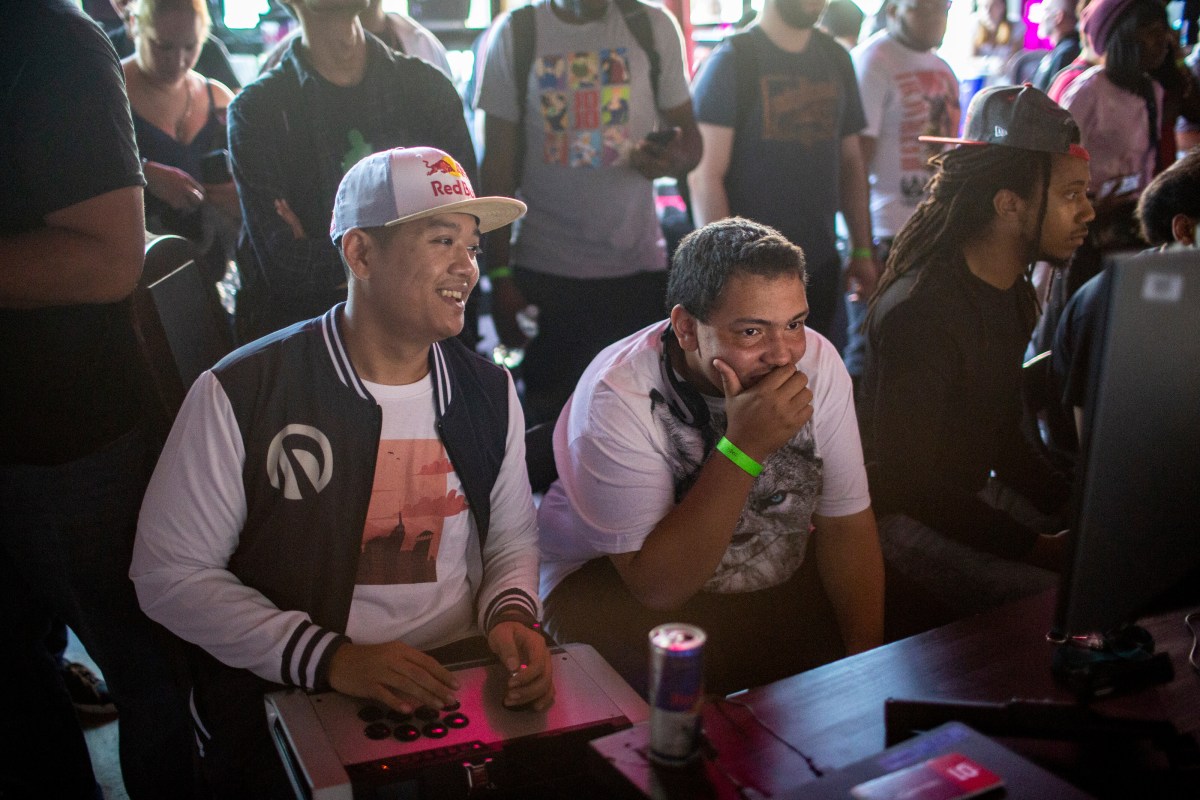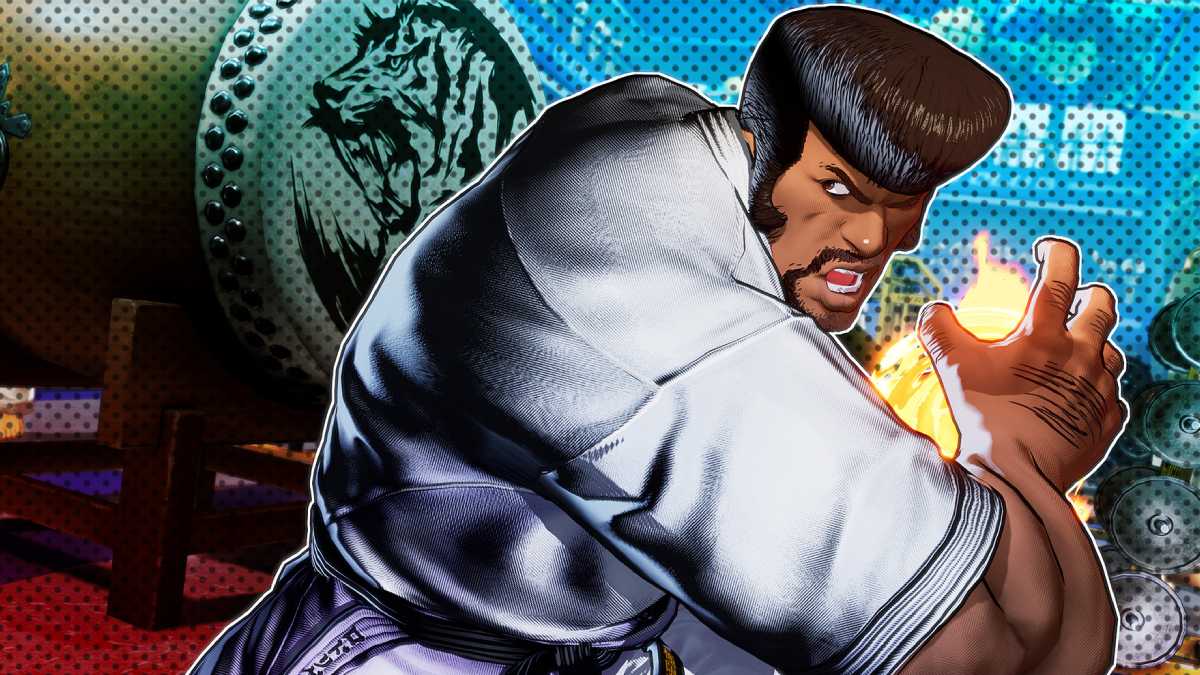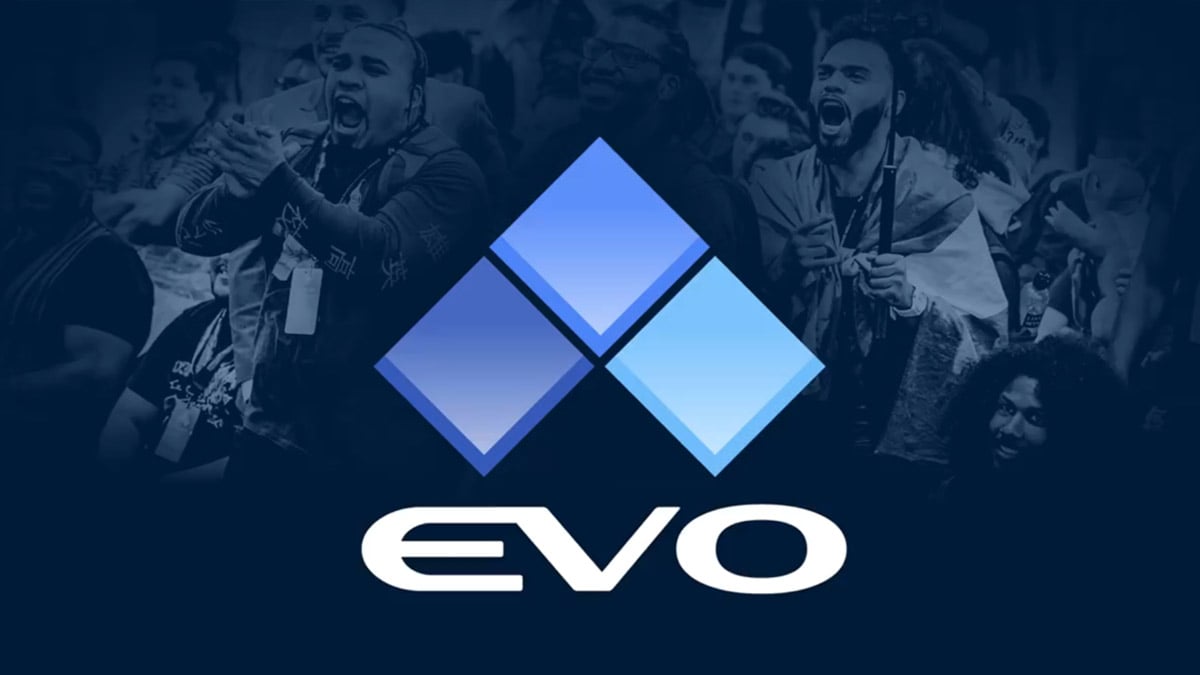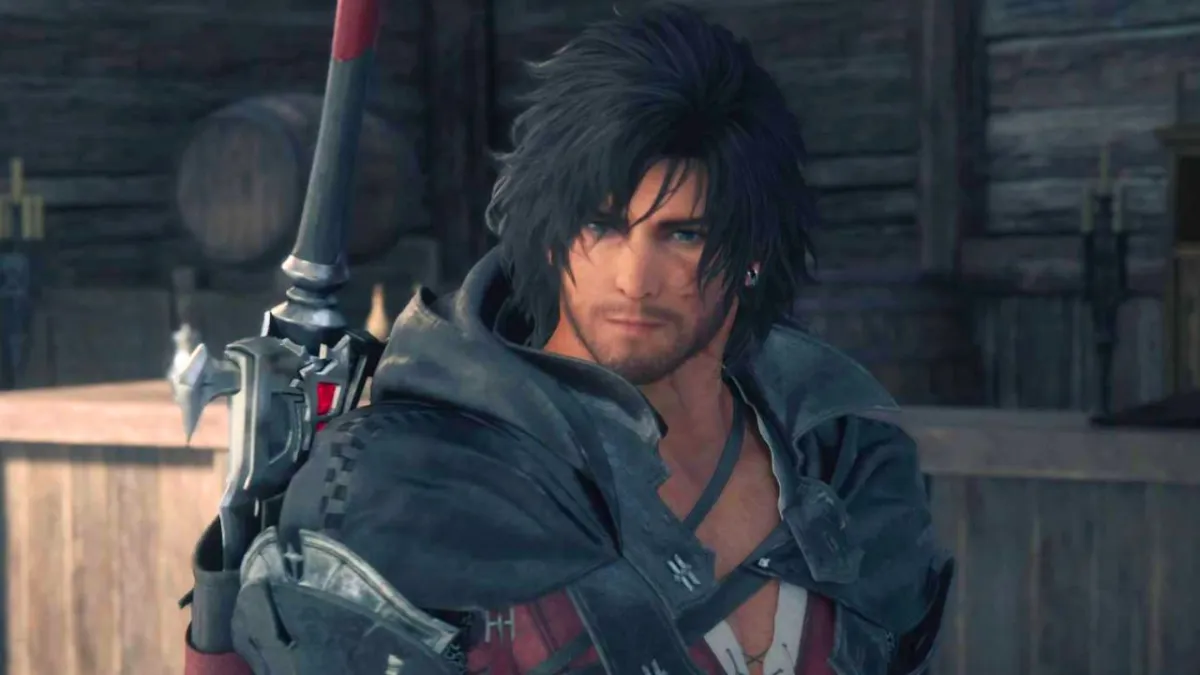Hoa “Anakin” Luu is arguably the greatest Tekken 7 player in the world and one of the most storied competitors in the series.
With huge wins at top-tier events dating back to the Tekken 6 MLG Pro Circuit 2010 in Dallas, he’s been around since the early days of the game when the Fighting Game Community started embracing esports as we know them today. Just in the last year, he’s won three different Majors, including DreamHack Atlanta last week, as well as top-cutting five others.
As the Tekken season winds down and the World Tour Finals approach, Anakin talked with Dot Esports about his excitement about competing in the Red Bull Conquest National Finals, longevity in fighting games, and regional rivalries that form the backbone of the FGC.
How do you feel about an event like Conquest that takes three of the biggest games in the FGC and brings them to specific communities in this way for the first time? How do these types of events tend to feel since it allows so many players that wouldn’t get to attend something like a DreamHack or CEO to come out and play?
Anakin: I love it because it takes us back to that old school question of which region in America has the best fighting game players. And that has been one of if not the most highly competitive topic in all of the FGC, or at least the American FGC, ever since I can remember joining almost 20 years ago.
Bragging rights was probably the most prized trophy you could win back in the day, back when esports was not a thing and it was just all about who was the best. Is it New York, is it Cali, is it the Midwest? I am actually surprised it took so long for an official tour to come about to kind of claim those champions and that is kind of how we got to have Red Bull Conquest in the first place. That is why we have this interesting format and like you said, we have never really had the opportunity to showcase all three games alongside each other at once.
Usually, we are watching one game and we move onto the next, but now that we have players representing all of the regions in the U.S., we are all going to come together as a team. For example, I am representing Orlando alongside a UNIST and Street Fighter V player. And in order to be successful and become the National Champs, we are all going to have to do our things in our respective games, which is kind of what Conquest is all about.
How about the importance of regions in the FGC? How have you seen that evolve over the years as esports have grown and the FGC has become more ingrained into what modern esports is now?
I mean, territorial rivalries have kind of defined U.S. fighting games. It is kind of what sets us apart from the Asian scenes and the European scene because you could say our scene here has been so hotly contested throughout the years. It has always been about who is really the best and I can speak about that coming from Atlanta, which is where I grew up playing Tekken and we have probably been known as the most competitive and trash-talking region in the Tekken community as far as the U.S. is concerned.
I remember just being a little kid in the arcade, just growing up kind of in that culture helped mold me as a player, battle-hardened me I guess you could say, playing in the fire with all those guys trash talking me as a kid. That really helped fuel my motivation to be good at the game, that and the storylines that kind of took place at the time with Atlanta trying to rise to the top and trying to be respected in the Tekken community. These are like childhood memories of mine that I kind of always look back to and helped shape me as a competitor and a player.
Like I said, it is kind of what the U.S. FGC has embodied over the years. That territorial rivalry, that beef from one region to another. I remember just competing against Cali and always wanting to beat the Cali players because I was from Atlanta. So to finally have an official tour that is designed to just strictly prove which region has the best fighting game players, I just couldn’t be happier to represent the Southeast Orlando more specifically. Aand yeah, I am looking forward to taking home the bragging rights over all the other cities who aren’t as good as we are.
For an event like Conquest where you’re playing in the qualifiers against unknown players from your region and then into the finals where you’re playing some familiar faces, how do you change up your training regimen from normal events? Or did your approach change at all against what you did for DreamHack, for example?
To be honest, with it being such a busy, tournament packed schedule, these last few months preparations I had to make for Conquest haven’t really differed that much even with the different format. I mean, it isn’t like I am going to be forced to play Street Fighter or UNIST, so I can keep my focus shifted toward Tekken.
And that is really easy to do considering that we’ve got really big tournaments coming up with the World Tour Finals and IESF (International Esports Federation) in South Korea. I mean we just had DreamHack last week.
It has been a very packed schedule as of late and I have already been upping the ante as far as practice goes, which means playing a lot and studying a lot. And that is really important, especially if you are going into a competition knowing exactly who your competition is. You know, as opposed to like an EVO or Combo Breaker where it is an open tournament and you might be facing only a handful of the hundreds or thousands of players there.
With Conquest, there are only going to be players in Tekken that I need to worry about. They are all from the States and I’ve got plenty of track record against all of them. So the preparation hasn’t changed much. I am just definitely still breathing Tekken every chance that I get as we are coming down to the wire.
And following that, how do you feel about the current state of Tekken? The game seems to be in a good place right now, but how do you personally feel about it?
Having played Tekken and being in the scene for a very long time, I can say Tekken 7 has really changed the landscape of the scene in general. Tekken has always been one of those hard to play, hard to get into games that was always respected but not that popular for those same reasons. It was always at the bottom of the pecking order when it came to popular fighting games.
But with Tekken 7, they have really changed a lot of things that help people get into the game, especially on the visual side with the slow motion, rage arts, and rage drive. There are a lot more cool things to look at if you have never played Tekken before. And that was done while also maintaining the kind of essence and spirit of Tekken.
The game hasn’t changed much. I mean, it is still one of the harder games to get into, but the developers have found a way to work around that. With all of these things and the continued support from the developers throughout the years, we have been getting constant updates for the game that has helped keep interest high. Just with the last few years with Tekken 7, it has really been remarkable because we are now at the top of the fighting game world.
Everyone is trying to play Tekken and I am really excited to see how far this scene has come with opportunities everywhere like Conquest. I mean, we have Red Bull athletes for Tekken in Pakistan, the U.S,, and Japan—players who are playing Tekken full time. When I was growing up as a kid in those arcades, I never thought I would see the day I wasn’t just playing for fun or just going to chill with my homies every day. Now I am out here playing as a full-time pro and that kind of speaks for how far Tekken has come over the years.
Specifically talking about season three, what were some of the biggest changes that stick out to you now that we’re nearing month three of it being out?
Not necessarily. Historically, whenever Bandai Namco decides to change or patch the game, they have always done it perfectly in my opinion. They have never really missed a beat as far as balance is concerned. Tekken has always been known to be a very balanced game. And that is because of the developers and the balance team because they kind of know exactly what they are doing.
So when it came time to look at the changes for season three, it was not really about making characters stronger or weaker, but completing some of the characters. You look at the list of changes and going through them I could understand why almost every change was made. There isn’t really a change to a character that really stuck out to me. Everything made sense when looking at is as a whole.
As far as the changes that will affect the game the most, I think the new characters are what will really change up the landscape a little bit. It adds an entirely new dynamic to the roster and can really do a lot for the pro scene because players will pick up and have to learn the new character so there is a lot of focus that shifts when that new character comes out. A lot of players have to put their attention on that new character.
So when we talk about season three, I am mostly excited about Leroy (Smith) and the remaining characters that have yet to be announced because I think those will be the ones that everybody will really talk about. I truly think that the developers know exactly what they are doing to balance the game. And no matter which character you play in season three, you are very, very happy with the changes that have been made to your character.
Capcom just announced Street Fighter V: Champion Edition for next year, which looks like it’ll be the final run out for the game over the next couple of years. What do you think about longevity in the FGC? Is there something that a game has to have for it to live beyond a few years?
I think, especially now, it comes down to the developers in the FGC and how long they want to continue supporting a game. In the past when a fighting game was released, that was it. The game was there and we would play it until the next fighting game came out and we wouldn’t have much to look forward to in between.
But nowadays, if you look at the FGC, you see all this additional content being released regularly. We see all of this support for the competitive scene from the developers and you just see a lot of attention given to the game post-release. I think that is kind of like the formula that has been recognized by the fighting game developers, because like I said, for the longest time, it would just be the same cycle of a game coming out and waiting for the next release.
But now, in order to expand the lifespan of the games leading up to the new release, regularly added content like new outfits, characters, and stages really help keep a game feel fresh. Tekken 7 has been out for a few years now and I don’t feel like it is stale at all because we just that new patch and are getting new characters very soon. These are things we wouldn’t have in the past and are now keeping our interest in the games longer.
We have been playing Tekken 7 for years, but I don’t feel the need for a new Tekken yet because there is still so much more to explore with what we have now.







Published: Nov 22, 2019 06:16 pm